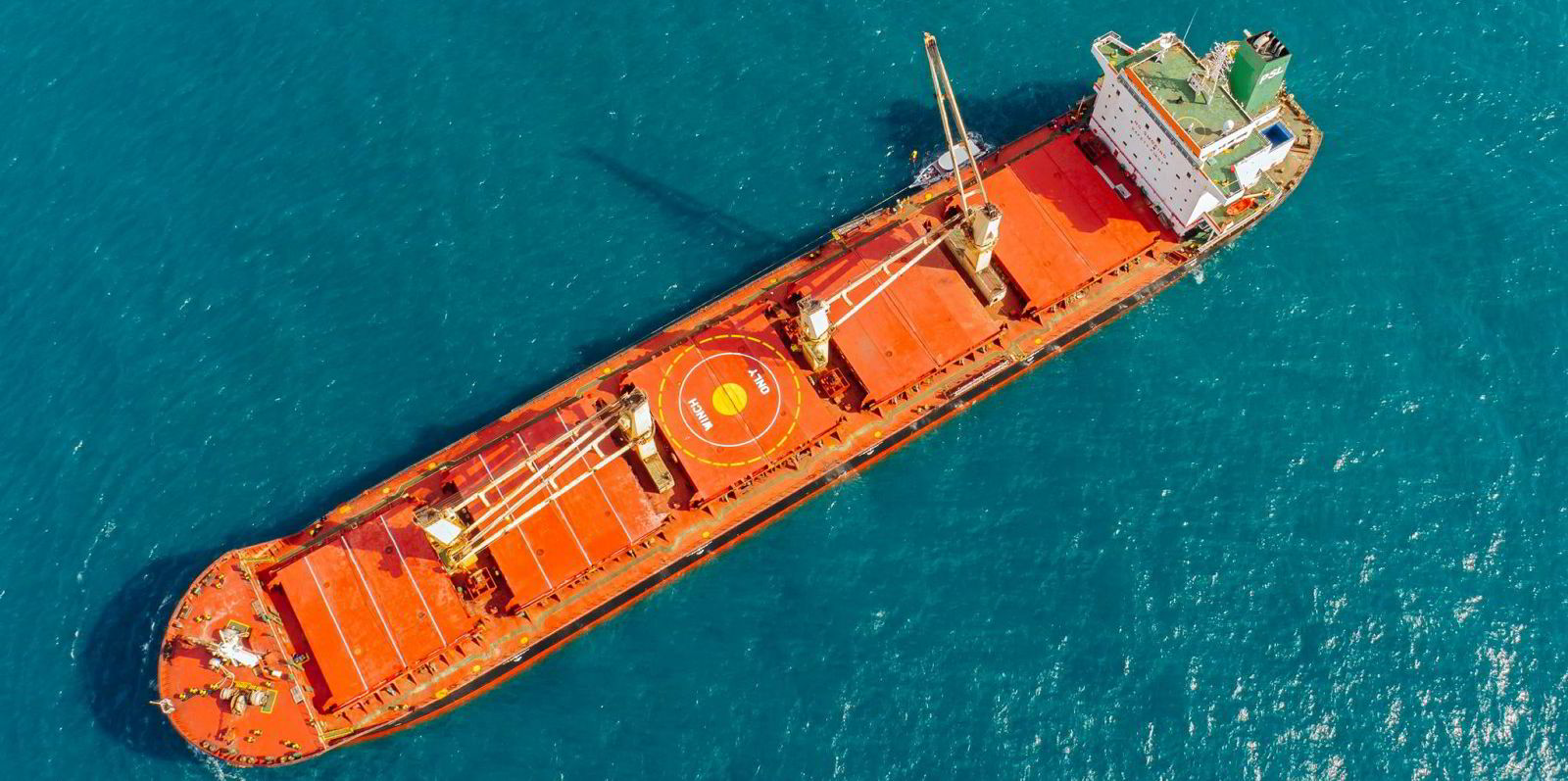Managing director Khalid Hashim retains a positive view on the prospects of the smaller geared bulker segments despite Precious Shipping’s net profit falling by 93.8% year on year.
The Bangkok-based bulker operator reported on Monday that it earned THB 78.69m ($2.36m) for the first quarter.
Hashim attributed the drop from the THB 1.29bn earned in the same quarter of 2022 largely to low freight rates and higher operating costs.
Average earnings per day per ship for Precious’ fleet of 38 bulk carriers came in at $10,022 per day in the first quarter of 2023 as opposed to $21,995 a year earlier.
However, Hashim noted that Precious’ handysize vessels outperformed the Baltic Handysize Index average by 1.55%, while average earnings for its supramaxes and ultramaxes came in at $10,232 per day, beating the Baltic Supramax Index average by 0.62%.
“Keep in mind that our handy ships are 25% and our supras are 10% below the standard index ships,” he said.
Daily operating costs per ship were $5,231, which was lower than the target of $5,500 per day for the year, although higher than the actual daily cost per ship of $4,914 during the same period in 2022. This, Hashim said, was due mainly to higher store and spares expenses.
The company reported that its forward four-year rolling book is at 22% with a visible revenue stream of $176.23m.
Hashim appeared bullish about the prospects of Precious’ market segments.
“As usual, it will be supply and demand factors that will determine the strength of the freight markets. Twenty-plus-year ships as a percentage of the existing fleet at 8.07% is higher than the forward orderbook as a ratio of the existing fleet of 7.16% at the start of 2023,” he said.
“At the start of Q2, these figures had further improved to 8.11% (20-plus-year-old fleet) and 6.85% (forward order book). Supply-demand has been in perfect balance since the middle of 2021, supply growth appears benign for the next few years, and growth in demand seems to be reasonable, that should lead to good years in 2023 and beyond.”
Hashim also noted that smaller geared bulkers are more versatile than vessels in the larger segments, which will allow them to navigate more successfully through challenging market conditions caused by geopolitical problems and oscillating economic conditions.





